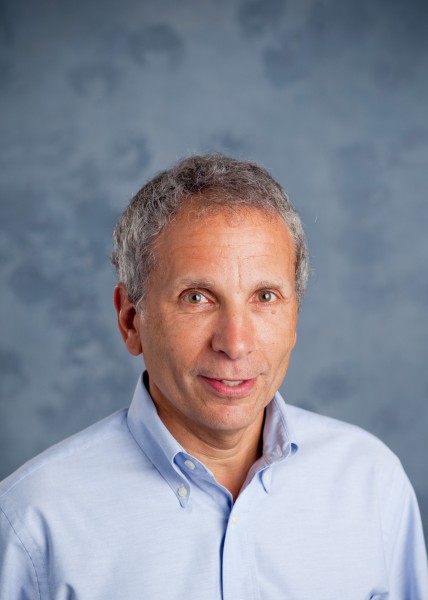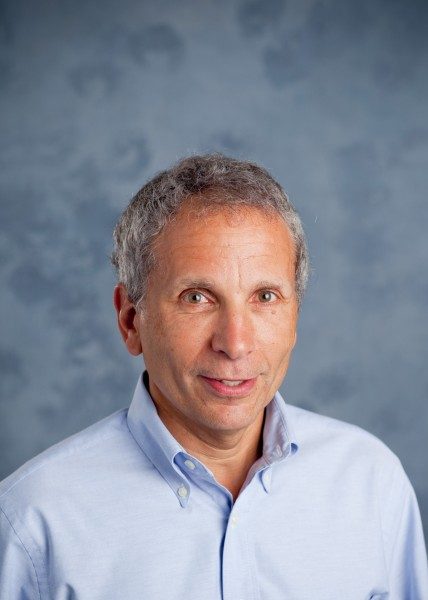
17 Jan To Your Health: Diet & Exercise Do Not Work Without Lifestyle Tweaks!
Telluride local Dr. Alan Safdi is a world-renowned internist and gastroenterologist with encyclopedic knowledge of mind-body wellness and preventative medicine. He posts regularly on Telluride Inside… and Out under the banner of “To Your Health.” Dr. Alan’s blogs feature the most current information in his fields: health, wellness and longevity.
This week, Dr. Alan talks about diet and exercise in the context of lifestyle. His podcast on the subject is here.
Links to Dr. Alan’s other podcasts and narratives on COVID-19 and more are here.

Do not not expect that sitting at a desk for 8-10 hours a day can be undone by 30 minutes at the gym.
Exercise is much more than a gym workout. It is a lifestyle.
Go for a walk, a hike, a bike ride, and even consider walking to dinner or the store. Take the steps and park farther away in parking lots. Do not waste your time looking for the closest parking spot possible. Make walks and exercise an integral part of your family time together. In Australia scientists have discovered an enzyme that is key to why exercise improves our health. One of the main reasons for the increased prevalence of type 2 diabetes with age is the development of insulin resistance, or an inability for the body to respond to insulin, and this is often caused by reduced physical activity as we age. Physical activity actually enhances insulin responsiveness and in turn promotes metabolic health. Reductions in skeletal muscle reactive oxygen species (ROS) generation during aging is instrumental in the development of insulin resistance. Animal studies show we can decrease the age associated decline in insulin sensitivity which otherwise occurs with aging or diet induced-obesity by an active exercise filled lifestyle.
Now for some common mistakes people make in their diet.
While cutting down on sugar is good for you, artificial sweeteners may cause different issues. Studies show that people who drink diet soda tend to eat more, especially more high-calorie foods. We have had diet foods and drinks for decades and yet about 66 percent of Americans who are overweight or obese (40%). Have these diet foods helped? Your healthiest choice is always water, unsweetened tea and coffee in moderation.
Sleeping in on the weekends sounds great, but it doesn’t make up for not getting 7 to 9 hours a night during the week (aim for a minimum of 6 hours).
Just because a food is described as “all natural” or “healthy” doesn’t mean it is good for you. Arsenic and lead are natural, but they are absolutely not good for you. There’s no official definition for either term; both are open to interpretation. To truly understand how good (or bad) something is for you, read the nutrition facts label and the ingredients list. Always look to see if there are added sugars and how much.
In earlier posts, I told you to drink more water, but what about bottled water? Some impurities, like micro-plastics, can reach the water from the plastic in the bottles themselves. What’s more, 86% of water bottles are not recycled and America’s annual demand for those bottles takes about 17 million barrels of oil and are estimated to take up to 450 years to fully break down.
Lastly, I suggest you not blend or juice everything. A significant part of the beneficial phyto-chemicals and fiber are in what you throw away. Personally I would rather eat the leavings and get rid of the juice that no longer has a lot of these tremendously healthy compounds and the fiber that improves our microbiome.
Dr. Alan Safdi, more:

Dr. Alan Safdi is board-certified in Internal Medicine and in Gastroenterology and is a Fellow of the American College of Gastroenterology. A proven leader in the healthcare arena, he has been featured on the national program, “Medical Crossfire” and authored or co-authored numerous medical articles and abstracts.
Safdi, a long-time Telluride local, has been involved in grant-based and clinical research for four decades. He is passionate about disease prevention and wellness, not just fixing what has gone wrong.
Dr. Alan is an international lecturer on the subjects of wellness, nutrition and gastroenterology.


Sorry, the comment form is closed at this time.